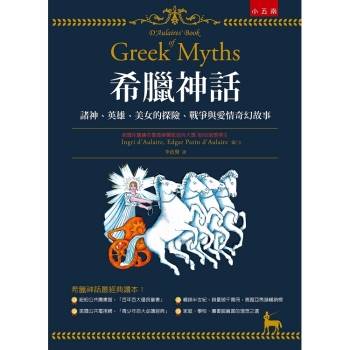Is Capitalism doomed; how long is its shelf-life? Can its promise of prosperity and the ’good life’ be sustained? Have stories of its impending demise been exaggerated? If some soothsayers are to be believed it has been on a downward slippery slope at least since the financial crash over a decade ago, so that its days may well be numbered. This work analyses the place of the free market economy in modern society, distinguishes between neo-liberalism and traditional capitalism, and comes to quite different conclusions - as much for reasons of perception as for socio-economic realpolitik. But in the process some important conceptual myths need to be demolished: about the misunderstood role of the individual in modern society, about the absurdity of focusing on economic growth, about the unsustainability of current social inequalities and how they can be overcome, about the mirage of social mobility and the future of work. These issues can only be appreciated in their historical context - currently a yawning gap in any discussion of our current predicament. Suggestions are put forward as to how a reformed, ’social’ capitalism would better serve the interests of the economy, the community and the individual - in a world where we must learn to consume less, travel less, and yes, work less - with the ultimate goal of greater dignity and justice for all.
| FindBook |
有 1 項符合
Social Capitalism的圖書 |
 |
Social Capitalism 作者:Blackwood 出版社:Austin Macauley 出版日期:2022-03-31 語言:英文 規格:平裝 / 526頁 / 23.39 x 15.6 x 2.69 cm / 普通級/ 初版 |
| 圖書館借閱 |
| 國家圖書館 | 全國圖書書目資訊網 | 國立公共資訊圖書館 | 電子書服務平台 | MetaCat 跨館整合查詢 |
| 臺北市立圖書館 | 新北市立圖書館 | 基隆市公共圖書館 | 桃園市立圖書館 | 新竹縣公共圖書館 |
| 苗栗縣立圖書館 | 臺中市立圖書館 | 彰化縣公共圖書館 | 南投縣文化局 | 雲林縣公共圖書館 |
| 嘉義縣圖書館 | 臺南市立圖書館 | 高雄市立圖書館 | 屏東縣公共圖書館 | 宜蘭縣公共圖書館 |
| 花蓮縣文化局 | 臺東縣文化處 |
|
|
圖書介紹 - 資料來源:博客來 評分:
圖書名稱:Social Capitalism
Social Capitalism 相關搜尋
Examining Net Zero: Creating Solutions for a Greener Society and Sustainable Economic GrowthEnvironmental Economics and Ecosystem Services
Environmental Economics and Ecosystem Services
Bankrolling Empire: Family Fortunes and Political Transformation in Mughal India
Advances in Relational Economics: Theoretical, Methodological, Philosophical and Empirical Foundations
Resource Management Performance: A Sectoral Analysis in the Post-Conflict Kurdistan Region of Iraq
Total Garbage: How We Can Fix Our Waste and Heal Our World
The Financial Markets of Roman Egypt: Risk and Return
Inertia: Purposeful Inefficiencies in Financial Markets
Inertia: Purposeful Inefficiencies in Financial Markets
|











